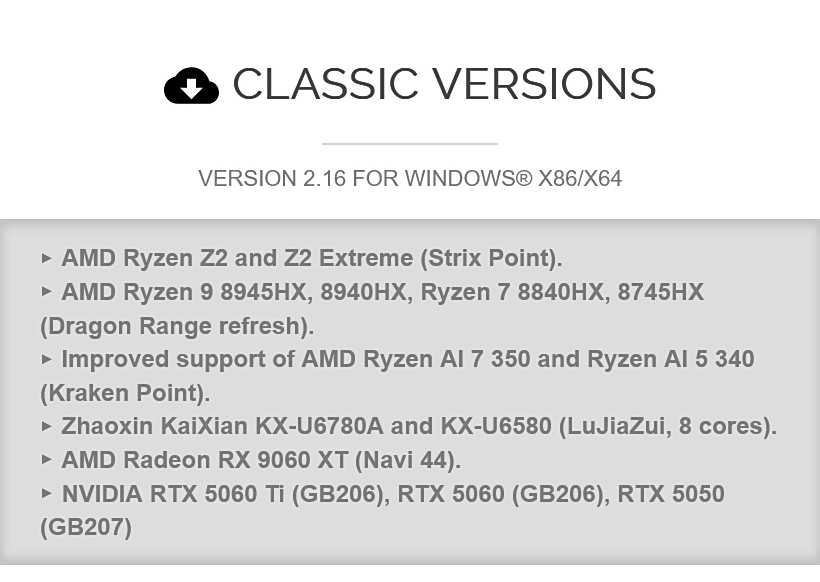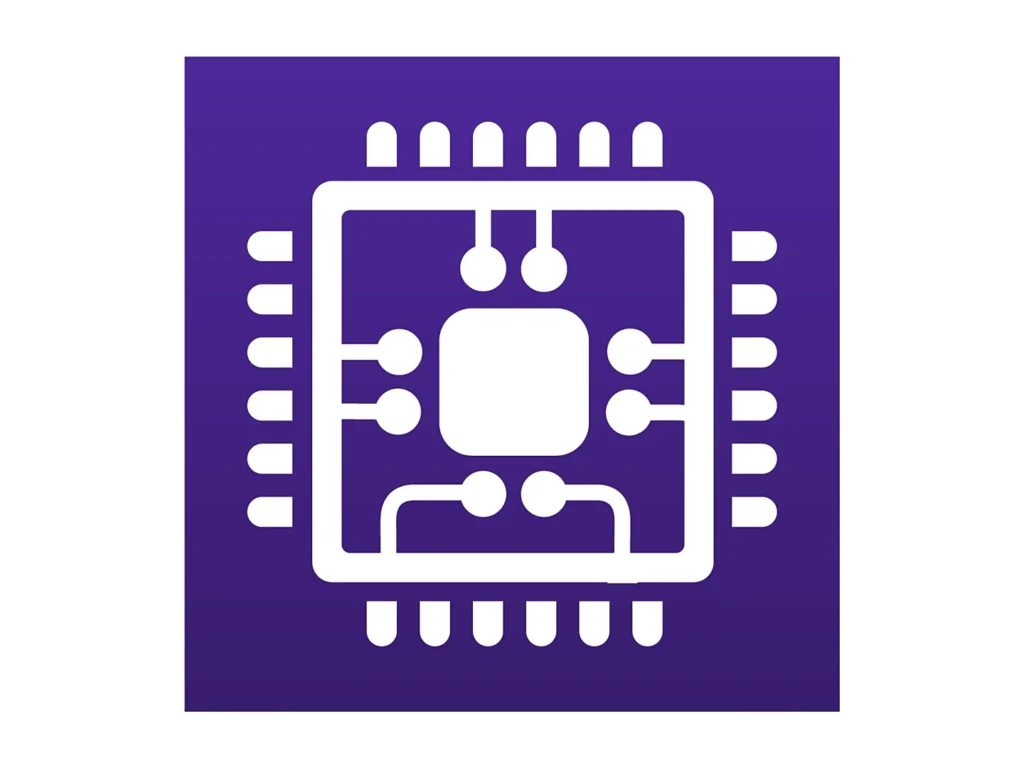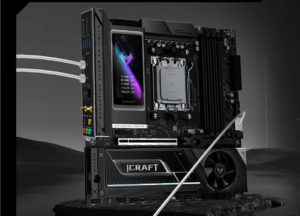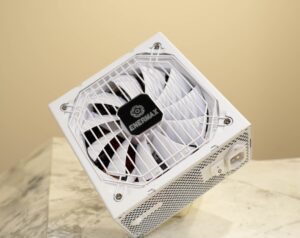CPU-Z, the popular system information tool developed by CPUID, has just been updated to version 2.16. Released on July 4, this new version brings extended support for a range of cutting-edge processors and graphics cards from both AMD and Nvidia, making it easier for users to identify and monitor the latest hardware in their systems.
The update is particularly exciting for those using or planning to build PCs with newer AMD Ryzen and Nvidia RTX components, as it ensures accurate system recognition and reporting.

Enhanced CPU Support
The new CPU-Z 2.16 update introduces compatibility with several new processors, including AMD’s Ryzen Z2 series:
- Ryzen Z2 (Hawk Point)
- Ryzen Z2 Extreme (Strix Point)
In addition, the update supports refreshed high-performance mobile chips from AMD’s Dragon Range Refresh family, such as:
- Ryzen 9 8945HX
- Ryzen 9 8940HX
- Ryzen 7 8840HX
- Ryzen 7 8745HX
Support has also been improved for AMD’s AI-focused Kraken Point CPUs:
- Ryzen AI 7 350
- Ryzen AI 5 340
Interestingly, CPU-Z 2.16 also includes support for two older Chinese processors based on the Lujiazui micro-architecture:
- Zhaoxin KaiXian KX-U6780A
- Zhaoxin KaiXian KX-U6580
GPU Recognition Expanded
On the graphics side, CPU-Z now recognises several newly announced or upcoming GPUs from AMD and Nvidia.
AMD Radeon support includes:
- Radeon RX 9060 XT (Navi 44)
Nvidia GeForce support includes:
- RTX 5060 Ti (GB206)
- RTX 5060 (GB206)
- RTX 5050 (GB207)
This update ensures that enthusiasts and hardware reviewers can correctly identify and monitor the latest hardware configurations, which is especially useful when benchmarking or building new systems.
Final Thoughts
With version 2.16, CPU-Z continues its legacy of staying up to date with the ever-evolving hardware landscape. The added support for AMD’s AI-focused CPUs and Nvidia’s RTX 50 series GPUs demonstrates CPUID’s commitment to maintaining compatibility with the latest and upcoming tech, making CPU-Z a must-have tool for system builders, overclockers, and hardware enthusiasts.






